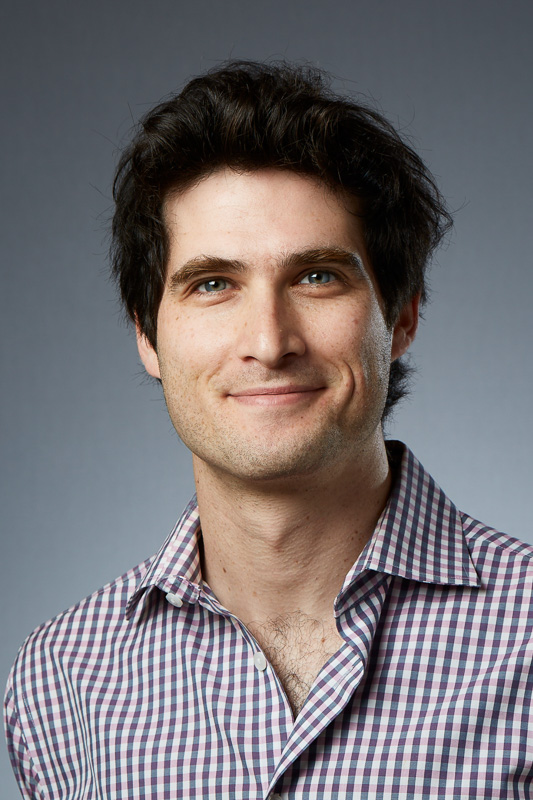Nicholas Haas wins award for best article
Assistant professor of political science Nicholas Haas has written the best article in the category ‘representation and electoral systems’ and receives the Lawrence Longley Award from the American Political Science Association. The article has been published in the American Political Science Review, a leading journal in the field of political science.

What are the effects of political affirmative action? Does it undermine or promote economic development, and who benefits from it? These are the questions asked by Nicholas Haas in his award-winning article published in the American Political Science Review and written in collaboration with Saad Gulzar (Stanford University) and Benjamin Pasquale. The American Political Science Association is honouring the authors with the Lawrence Longley Award for the best article in the category ‘representation and electoral systems’ in 2020.
“I am really very humbled to receive this award for my work with Saad Gulzar and Benjamin Pasquale. In this paper, we set out to answer what we feel is a critical question: What are the economic effects of political affirmative action? We find that affirmative action can redistribute power as intended, without acting as a barrier to overall development. We are very grateful that our work has resonated with such a large audience, and for this recognition,” Nicholas Haas states in relation to receiving the award.
The article presents the first systematic analysis of the effects of political affirmative action. In the research project, affirmative action entailed that the chairperson position and at least half the seats on local government councils were reserved for historically disadvantaged and marginalised groups of people. By constructing a dataset with information on Indians from 217,000 villages, the researchers were able to conclude that political affirmative action has the desired effect: Political affirmative action delivers large gains for targeted minorities and does not come at the cost of other minorities. In addition, it does not hinder overall societal development, in this case measured as the successful implementation of a workfare programme meant to ensure work for every household. This counters the expectations of sceptics who fear that affirmative action means power will end up in the hands of less competent individuals.
In contrast, the study conducted by Nicholas Haas suggests that political affirmative action can redistribute both political and economic power without hindering overall development.